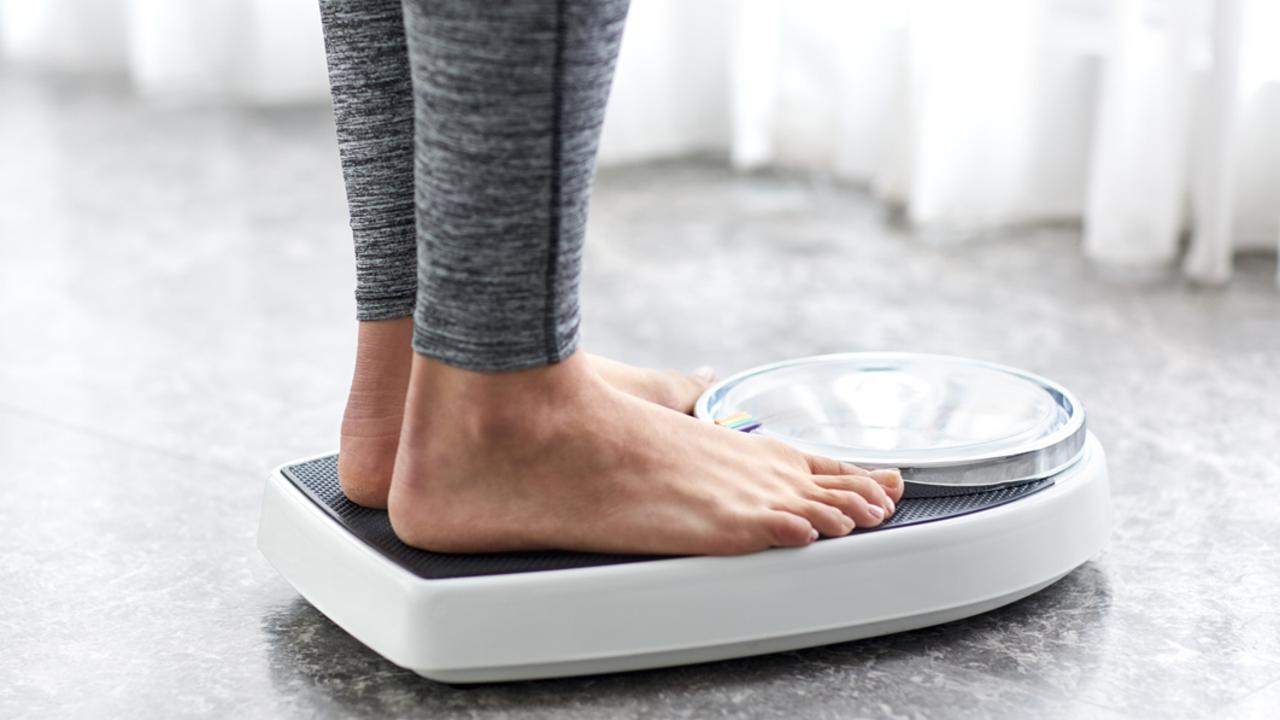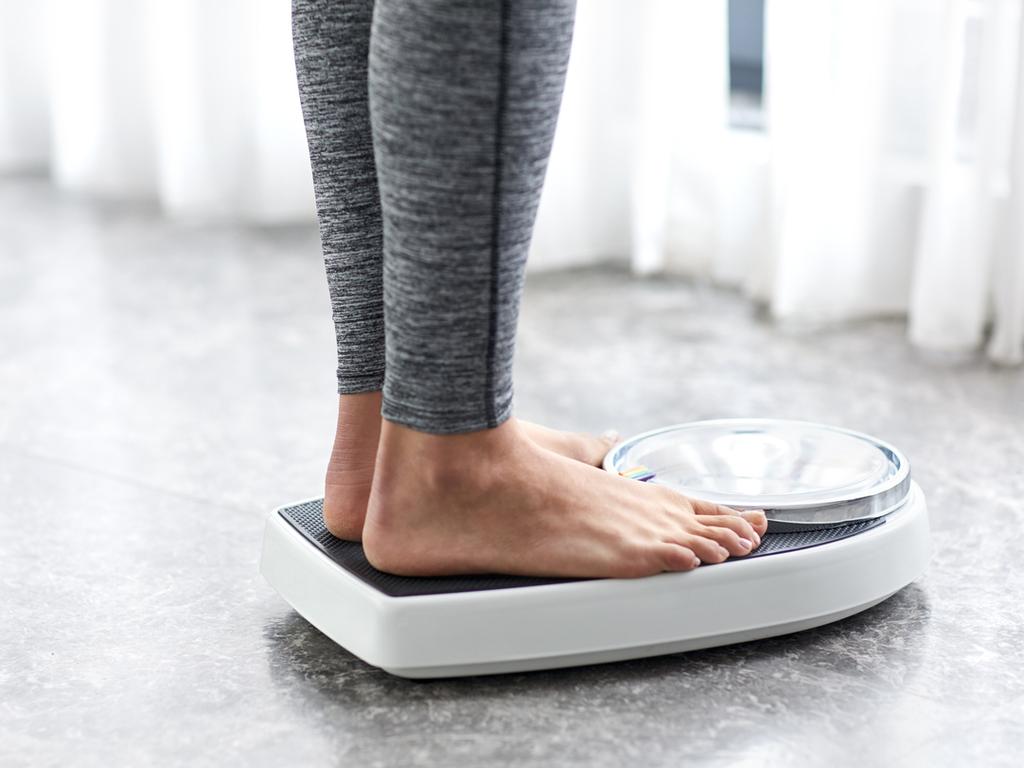Dietitian reveals importance of gut health for your health, wellness
An Australian dietitian has revealed what could be stopping you from getting a better night sleep and hitting your weight loss goals.

Welcome to You Got This, news.com.au’s weekly fitness series featuring stories and ideas from real women who’ve experienced it all.
A dietitian has revealed what could be stopping you from getting a better night sleep, hitting your weight loss goals and keeping the dreaded bloat at bay.
Australian dietitian Leanne Ward, has said gut health can be the key to mastering our core health pillars, but the topic is often misunderstood which leads to common mistakes.
Gut health is essentially when you have a balance of good and bad bacteria and yeast in your digestive system, Ms Ward – who also known as The Fitness Dietitian – explained.
However many people believe in order to maintain good gut health they need to cut out a lot of things – such as dairy, coffee and gluten – leading to a string of misconceptions.
These include believing a blood test can diagnose intolerances, that a low FODMAP diet is a long-term solution and avoiding certain foods under the guise that they will immediately trigger symptoms.

Signs of poor gut health can include regular episodes of pain, bloating, gas, altered bowel patterns, poor immunity meaning you’re regularly sick, tiredness and sleep disturbances, altered emotional states or an auto-immune condition.
At least 50 per cent of Australian adults experience unpleasant gut symptoms such as bloating, gas and constipation, and one in seven experience distressing symptoms, according to the CSIRO Gut Health & Weight Loss Report 2019.
But how can poor gut health impact your fitness goals?
Well gut health plays an essential role in our health and well being – and potentially weight loss as good gut health sees prebiotic fibres such as oats producing short chain fatty acids, which in turn helps regulate our metabolic functions. This relies on good gut health.

In addition, our stomach and brain communicate to tell us when we are hungry or full but this communication may be impacted if you eat too much, too quickly or have a history of yoyo dieting and can impact long term weigh management.
“There’s no direct link between better gut health and direct weight loss but generally when your gut health is improved, you have lower rates of inflammation, you’re sleeping better, your immunity and energy is better and this naturally should assist in making weight loss easier,” Ms Ward said.
“We know that to lose weight, we need to eat in a calorie deficit and a good starting point for this is to eat more fibre – which also nourishes our gut bugs – as this helps to keep us feeling fuller for longer.
“Generally, a higher fibre diet – focused on vegetables and whole foods – combined with eating low GI carbs and a higher protein diet can assist with controlling appetite which can assist with weight loss.”

There are some easy ways to help boost gut health and in turn promote better all around health to promote weight loss such as eat more whole foods and vegetables, as 95 per cent of Australians don’t eat the recommended amount of veggies.
Fibre is another thing that more Australians need to include, with 23 grams each day being the recommended amount.
Probiotics in food, reducing alcohol, reducing stress, optimising sleeps and reducing overeating were also suggestions Leanne made to better our gut health.
She also suggested supplements, especially those with tribiotics included in them as they have prebiotic, probiotics and postbiotics.






